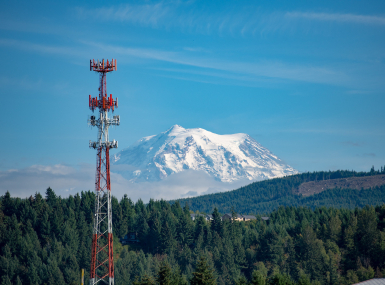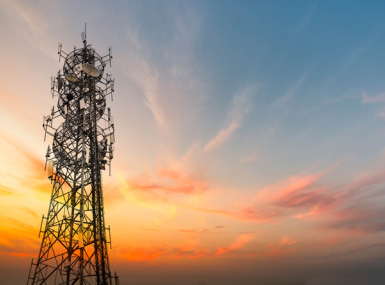Support Community Broadband Act

Author

Seamus Dowdall
Upcoming Events
Related News
Action Needed
Urge your Members of Congress to reintroduce and pass into law the Community Broadband Act in the 119th Congress. Introduced as H.R.2552 and by Rep. Anna Eshoo (D-Calif.) and S.1197 by Sen. Cory Booker (D-N.J.) in the 118th Congress, this bill prohibits states from blocking the provision of broadband by public providers, public-private partnership providers, or cooperatively organized providers. The bill would require that public providers and state or local entities participating in a partnership administer applicable ordinances and rules without discrimination against competing private providers.
Background
Urge your Members of Congress to reintroduce and pass into law the Community Broadband Act in the 119th Congress. Introduced as H.R.2552 and by Rep. Anna Eshoo (D-Calif.) and S.1197 by Sen. Cory Booker (D-N.J.) in the 118th Congress, this bill prohibits states from blocking the provision of broadband by public providers, public-private partnership providers, or cooperatively organized providers. The bill would require that public providers and state or local entities participating in a partnership administer applicable ordinances and rules without discrimination against competing private providers.
The Community Broadband Act, previously introduced in the 118th Congress, would override state-level prohibitions by allowing counties and other public providers in any state to provide broadband services without discrimination. The bill would also ensure that public providers do not use their dual roles as policymakers and regulators to enact prohibitions or discrimination against existing or emerging private providers of broadband services.
Key Talking Points
- The Community Broadband Act would ensure that every American has the opportunity to receive high-speed internet services through the empowerment of the public provisioning of broadband services in areas where a private market does not exist or is exceedingly high-cost and low-return for private providers.
- The Community Broadband Act would promote competition, incentivize modern services to underserved communities and prohibit state preemption of municipal investments and partnerships, including with the private sector, to enable community broadband networks to operate.
Related News

House committee passes local broadband permitting preemption bills
The American Broadband Deployment Act of 2025 would enact new restrictions on a variety of state and local land use and zoning authorities pertaining to the deployment of telecommunications infrastructure.

FCC considers preemption of local authorities in broadband permitting process
Counties are partners in broadband deployment efforts – not barriers – and pursuing one-size-fits-all regulations will further burden progress towards closing the digital divide

NACo Legal Advocacy: Federal Communications Commission, et al v. Consumers' Research, et al
Federal Communications Commission, et al v. Consumers’ Research, et al. (FCC v. Consumers’ Research) could jeopardize what is known as the Universal Service Fund (USF). Through the USF, the FCC has provided billions of dollars to local governments and our residents, helping provide essential telecommunications and broadband services to unserved and underserved communities. FCC v. Consumers’ Research challenges the FCC’s legal authority behind the USF, putting multiple programs essential to equitable broadband deployment at risk.